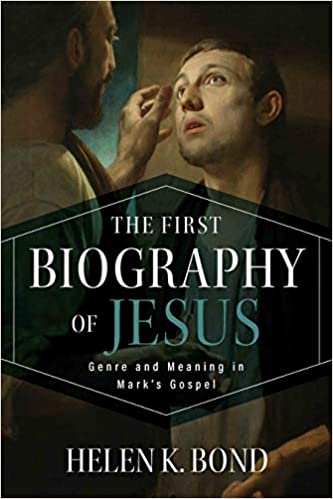BEN: I was a little surprised that in your review of older analysis of the genre of the Gospel you didn’t start with D.F. Strauss’ very influential ‘leben Jesu’. Was this just because you only wanted to back up to the early 20th century?
HELEN:
Truthfully, I didn’t think of it (though I’m a huge fan of Strauss)! I didn’t want to spend too long surveying the past in the first chapter, largely because there are plenty of very good overviews out there already (Richard Burridge has an excellent one at the start of his book, which he’s updated more recently). I was more interested in charting larger themes both in scholarship and in society at large. So, for example, I spent a lot of time reading about biography more generally and how it too has adapted and changed throughout the centuries. Victorian biography, with its emphasis on great men as heroes to emulate and reluctance to mention anyone’s private life, is actually very similar to what we have in the gospels – it’s no wonder then that Victorians had no difficulty in seeing the gospels as biography. As soon as we enter the twentieth century, however, with Lytton Strachey, Virginia Woolf and Sigmund Freud, biography changes dramatically so people were already predisposed to question gospel genre when the form critics got going. And of course the form critical view that the gospels were unique or sui generis was only an extension of what literary critics were saying about all literature in the early twentieth century . . .
I also spent a bit of time in that chapter on the very early period. I’ve often been asked why the early church didn’t refer to the gospels as bioi if that’s what they thought they were. I think there are good reasons for this – largely connected with the convention (from every early on) of referring to written lives of Jesus as gospels, but that needed to be established.












